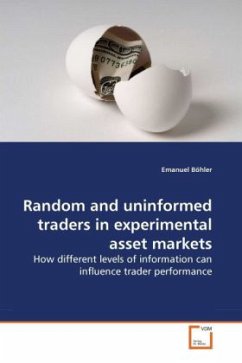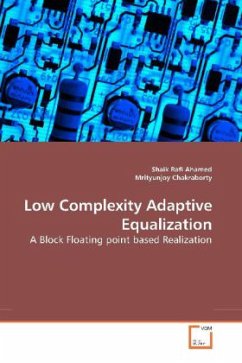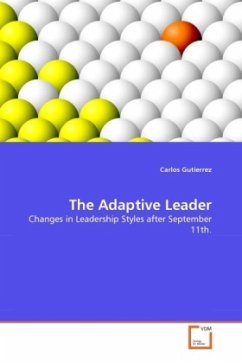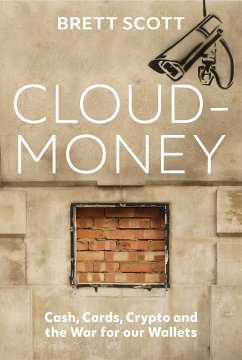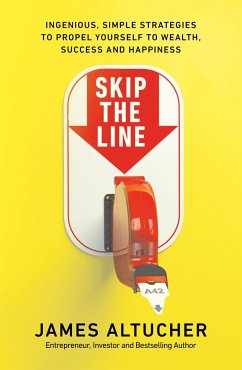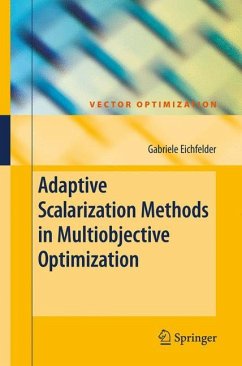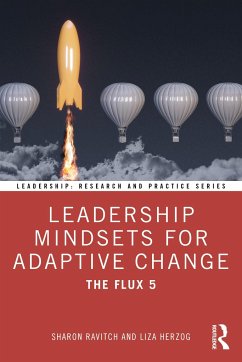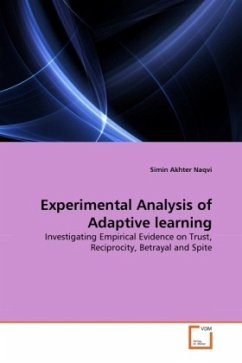
Experimental Analysis of Adaptive learning
Investigating Empirical Evidence on Trust, Reciprocity, Betrayal and Spite
Versandkostenfrei!
Versandfertig in 6-10 Tagen
32,99 €
inkl. MwSt.

PAYBACK Punkte
16 °P sammeln!
Adaptive Learning in games of choice is the ability to learn from own and others' past behavior and a subsequent assimilation of this information in the decision structure in all subsequent periods. Mutually beneficial outcomes in problems of coordinative play are based on enforcement of mutual trust. Betrayal registers itself as a deviation from expected behavior and thus triggers learning and adjustment in subsequent periods. Reciprocity ensures deviant behavior elicits reactionary deviations by more/all other players, leading the system dynamically away from equilibrium. In most cases, win-...
Adaptive Learning in games of choice is the ability to learn from own and others' past behavior and a subsequent assimilation of this information in the decision structure in all subsequent periods. Mutually beneficial outcomes in problems of coordinative play are based on enforcement of mutual trust. Betrayal registers itself as a deviation from expected behavior and thus triggers learning and adjustment in subsequent periods. Reciprocity ensures deviant behavior elicits reactionary deviations by more/all other players, leading the system dynamically away from equilibrium. In most cases, win-win outcomes and atonement through punishment or forgiveness are forsaken for adaptive adjustments and reciprocal betrayal, in a self-defeating downward process of one-upmanship. The study attempts experimental analysis of adaptive learning, from a game-theoretic perspective, testing consistency of players' claims against Nash benchmarks. Experiments modeled on Bertrand's market game, and Vickrey's second price auction, are used to study adaptive learning in a multi-player repeated play framework with cheap talk.



